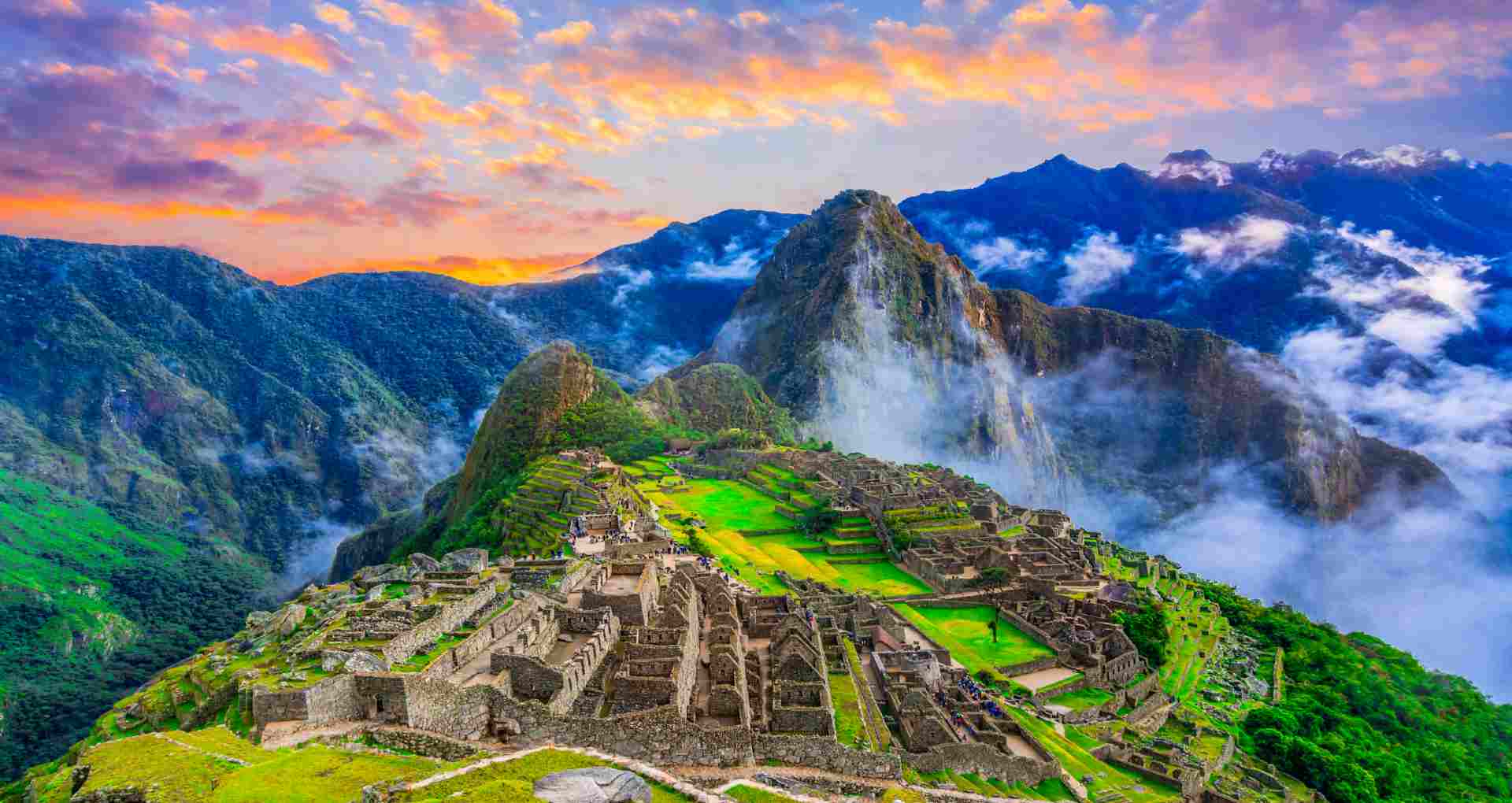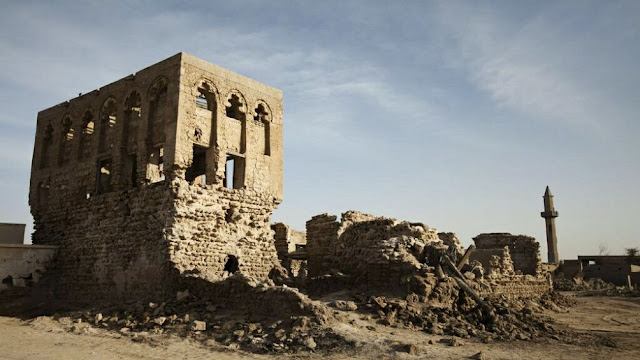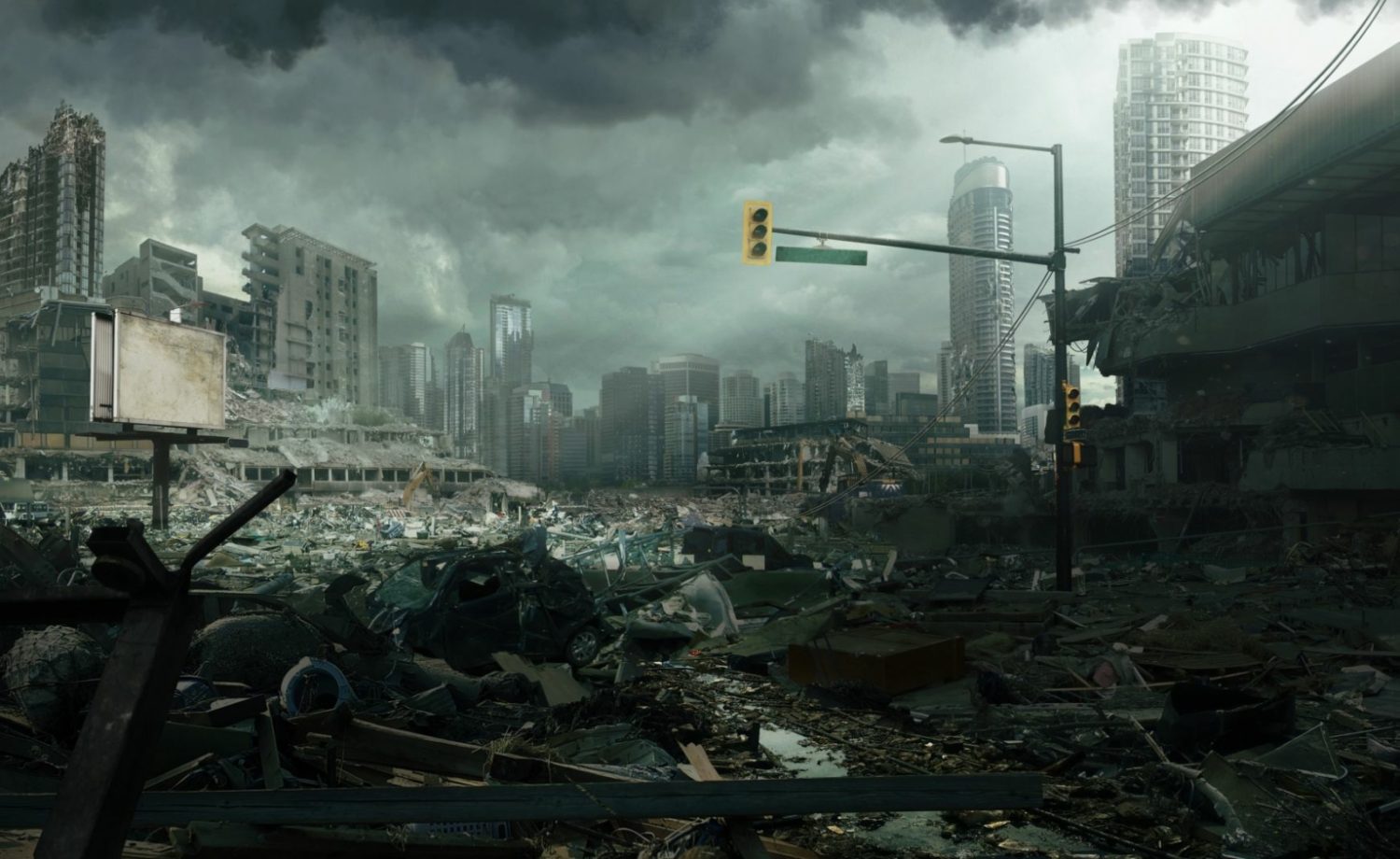Machu Picchu, perched high in the Andes Mountains of Peru, transcends its identity as an ancient Incan citadel. It stands as a beacon of human creativity, enveloped in historical enigma. The experience of walking through its mysterious ruins is like taking a voyage through the layers of history, culture, and spirituality. Each step through the rugged landscape and each discovery within its walls deepens the fascination with this celebrated UNESCO World Heritage Site.
The Enigmatic Citadel

Often called the “Lost City of the Incas,” Machu Picchu was built in the 15th century but eluded the wider world until American explorer Hiram Bingham brought it to global attention in 1911. Its secluded setting on a mountain ridge, encircled by verdant forests and dramatic cliffs, enhances its enigmatic charm. Standing among its ancient stone constructions, one cannot but admire the Incan architects’ extraordinary skills, who accomplished such architectural feats without contemporary technology.
Unraveling the Secrets

Despite more than a hundred years of scholarly research and exploration, Machu Picchu retains numerous unanswered questions. Archaeologists and historians continue to assemble clues about its true purpose and role. Whether it served as a royal retreat, a religious site, or even a military stronghold, each hypothesis nudges us nearer to comprehending this monumental site’s historical import, though much of its allure lies in its persistent mystery.
A Spiritual Journey

For the ancient Incas, Machu Picchu represented far more than a mere stronghold. It was a revered sanctuary where the tangible and celestial realms converged. The precise arrangement of the citadel aligns with celestial bodies such as the sun, moon, and stars, indicating the Incas’ sophisticated grasp of astronomy and cosmology.
Ten Secrets of Machu Picchu

As you explore the various plazas and temples, a profound sense of awe for the spiritual heritage of this site is inescapable.
Intihuatana Stone

This granite structure, known as the “Hitching Post of the Sun,” functioned as both an astronomical observatory and a site for rituals. It stands as a testament to the spiritual and scientific insights of the Incas, reflecting their intricate relationship with the cosmos.
Temple of the Sun

The elliptical building thought to be dedicated to Inti, the Incan sun god, exemplifies the Incas’ exceptional stonework and architectural precision. The craftsmanship evident in this structure highlights their advanced building techniques and the importance of religion in their society.
Machu Picchu’s Agricultural Terraces

The Incas’ brilliant use of terracing reflects their advanced agricultural practices tailored to the challenging mountainous environment. These terraces not only maximized crop yields but also demonstrated their profound understanding of local ecology and sustainable farming methods.
Water Management System

Complex networks of channels and fountains meticulously delivered water throughout Machu Picchu, showcasing the Incas’ remarkable proficiency in hydraulic engineering.
The Sacred Plaza

The central square was the focal point for religious and ceremonial life, surrounded by temples and shrines that provide a window into the spiritual practices of the Incas.
Guardhouse and Watchman’s Hut

Strategically located, certain structures at Machu Picchu served to monitor and control access points, playing a vital role in the fortress’s defense and overall security.
Residential Districts

While the ceremonial and religious sites often capture the most interest, the residential sectors reveal much about everyday life in Machu Picchu, featuring dwellings, storage areas, and community spaces.
The Temple of the Condor

This distinctive rock formation, shaped like the outstretched wings of a condor, held sacred significance in Incan culture, symbolizing the link between the earthly and celestial realms.
The Inca Bridge

This ingeniously designed stone pathway, which hugs the side of a cliff, not only provided access to Machu Picchu but also acted as a deterrent to potential invaders, reflecting the Incas’ strategic use of landscape in their defense planning.
The Temple of Three Windows

This ceremonial building, named for its three trapezoidal windows, provides sweeping views of the surrounding terrain and is believed to have been important in religious observances.
In Conclusion

Machu Picchu continues to be a profound mystery, whispering ancient secrets to those attuned to its echoes. Standing on its terraces and looking out over the ruins, one is deeply moved by the enduring legacy of the Incan civilization and the mysteries that remain. Whether you are a history buff, a spiritual explorer, or just a curious visitor, a trip to Machu Picchu is bound to awaken your sense of wonder and transform you in unforgettable ways.



